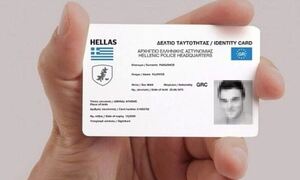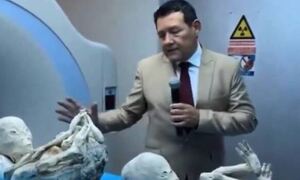Ebola: at least 814 confirmed cases; WHO's message to travelers
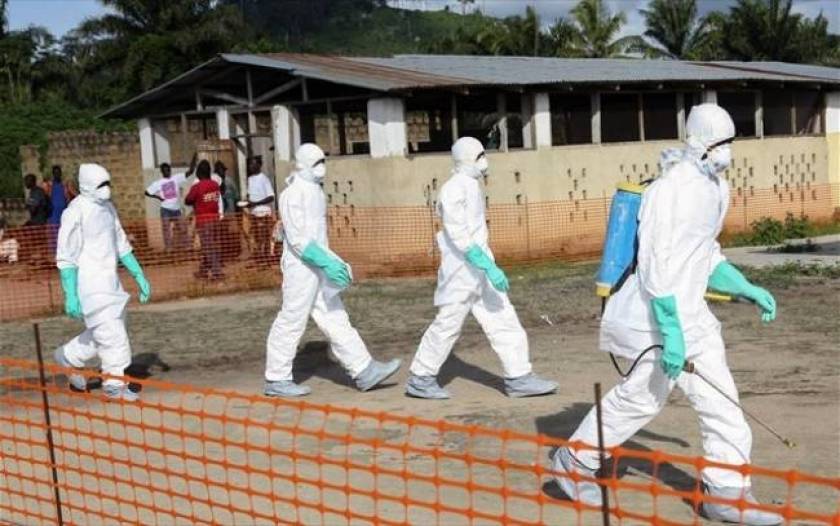
The Ebola outbreak in West Africa is reportedly the world's deadliest to date.
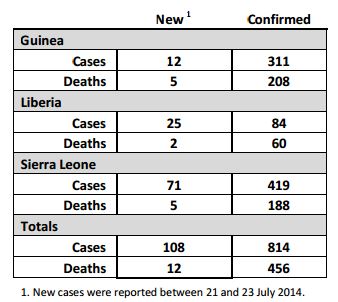
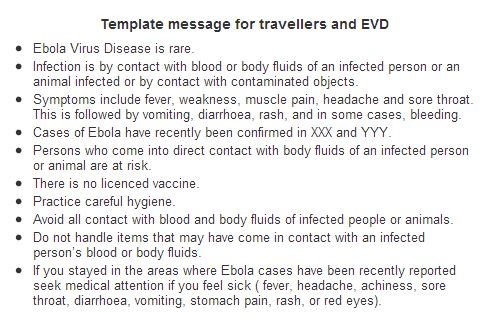
As of 24 July 2014, the total number of confirmed cases attributed to EVD in Guinea, Liberia and Sierra Leone stands at 814, including 456 confirmed deaths, reports World Health Organization.
While Health Officials in Western African countries are struggle to control the virus, awareness is rising in the rest of the world.
Here follows some basic information provided by World Health Organization, mainly addressed to travelers in affected countries.
Tourists and businessmen/women returning from affected areas in a country
The risk of a tourist or businessman/woman becoming infected with Ebola virus during a visit to the affected areas and developing disease after returning is extremely low, even if the visit included travel to the local areas from which primary cases have been reported. Transmission requires direct contact with blood, secretions, organs or other body fluids of infected living or dead persons or animal, all unlikely exposures for the average traveller. Tourists are in any event advised to avoid all such contacts.
Visiting families and relatives
The risk for travelers visiting friends and relatives in affected countries is similarly low, unless the traveler has direct physical contact with a sick or dead person or animal infected with Ebola virus. In such a case, contact tracing should confirm the exposure and prevent further spread of the disease through monitoring the exposed traveler.
Patients travelling with symptoms and fellow travelers
There is a possibility that a person who had been exposed to Ebola virus and developed symptoms may board a commercial flight, or other mode of transport, without informing the transport company of his status. It is highly likely that such patients would seek immediate medical attention upon arrival, especially if well informed, and then should be isolated to prevent further transmission. Although the risk to fellow travellers in such a situation is very low, contact tracing is recommended in such circumstances.
Risk for health care workers posted in affected areas
There is a risk for healthcare workers and volunteers, especially if involved in caring for EVD patients. However, if the recommended level of precaution for such settings is implemented, transmission of the disease should be prevented. The risk level can be considered very low to low unless these precautions are not followed, e.g. no personal protective equipment, needle stick injury etc.
The information provided should emphasize that travelers or residents in the affected areas of countries can minimize any risk of getting infected if they avoid:
• Contact with blood or bodily fluids of a person or corpse infected with the Ebola virus.
• Contact with or handling of wild animals, alive or dead or their raw or undercooked meat.
• Having sexual intercourse with a sick person or a person recovering from EVD for at least 7 weeks.
• Having contact with any object, such as needles, that has been contaminated with blood or bodily fluids.
Travelers should be informed where to obtain medical assistance at the destination and who to inform (e.g. through hotline telephone numbers).
Source: World Health Organization

